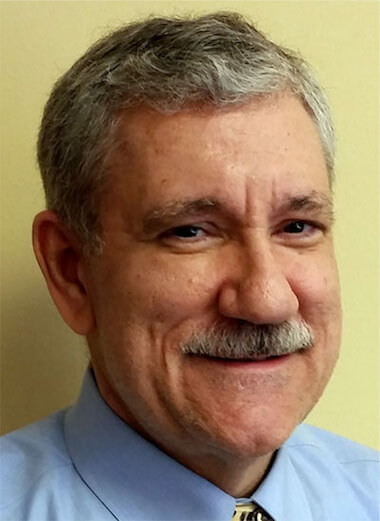While a recent case of a Toronto man who was infected with HIV despite adhering to pre-exposure prophylaxis (PrEP) will likely not be replicated, it could have an impact on PrEP uptake by causing some who are considering using the anti-HIV drug regimen to have second thoughts.
“It might,” said Peter Staley, a longtime AIDS activist. “There’s been a not always healthy debate about PrEP from the beginning and this will certainly fuel the PrEP denialism movement, which is an anti-science movement.”
PrEP, which was first approved by the federal Food & Drug Administration (FDA) in 2012, involves HIV-negative people taking an anti-HIV drug, Truvada, to keep themselves uninfected. PrEP is highly effective when taken correctly.
Researchers argue drug-resistant fluke caused infection, challenge opponents seizing on it
At the annual Conference on Retroviruses and Opportunistic Infections (CROI), which was held in Boston in February, Dr. David Knox from the Maple Leaf Medical Clinic in Toronto presented the case of a 43-year-old gay man whom was infected with HIV “after 24 months of successful PrEP, despite clinical and pharmacokinetic data suggesting long-term adherence” to Truvada. The infection was possible because the virus was resistant to the drugs that comprise Truvada.
“This patient’s clinical history, pharmacy records ,and [dried blood spot] results consistent with long-term dosing of [Truvada] suggest that HIV infection is possible despite adherence to daily oral PrEP when exposed to [Truvada]-resistant virus,” read the abstract of the case study.
This kind of drug-resistant virus is relatively rare. In multiple press reports and online discussions, activists and researchers are expressing the view that while they might see a second case, they do not expect to see many cases or perhaps even a third case.
“It can happen, but what is the likelihood it can happen?” said Damon L. Jacobs, a leading PrEP educator who takes PrEP. “It was a confluence of extremely rare factors that contributed to this one infection in Toronto.”
Of greater immediate concern is the impact that news of this one case might have on PrEP uptake.
Initially, men and women who could benefit from the protection PrEP offers were slow to adopt the drug, but data from Gilead Sciences, the company that manufactures and markets Truvada, suggest that uptake is increasing and the pace of that increase is growing as well. PrEP — alongside post-exposure prophylaxis (PEP) and treatment as prevention (TasP) — is a central component in efforts across the country to substantially reduce new HIV infections, among gay and bisexual in particular. PEP and TasP use anti-HIV drugs, respectively, to prevent infection in HIV-negative people or to treat HIV-positive people so they are no longer infectious. A number of jurisdictions across the country, including New York, are spending significant amounts of cash to increase PrEP use.
But there has also been resistance to PrEP. In 2012, the AIDS Healthcare Foundation (AHF), which is headed by Michael Weinstein, mounted a vigorous effort to stop approval of Truvada for PrEP at the Food and Drug Administration. Weinstein has continued to oppose PrEP, drawing the ire of many pro-PrEP activists. The Toronto case prompted more opposition.
“Due to issues surrounding medication adherence with PrEP, AHF has always been concerned about the potential for overall spread of the virus as well as other STDs for which PrEP offers no protection,” Weinstein said in a February 25 statement. “Now, on the heels of this drug-resistant infection found in one individual who appeared to be adherent with the drug portion of his PrEP regimen, a larger concern is about the potential for a more drug-resistant strain of HIV entering the community-at-large.”
Some pro-PrEP activists charge that PrEP opponents bear some responsibility for the slow uptake, and opponents seizing on the Toronto case was just more of the same.
“PrEP denialism has slowed uptake from day 1,” Staley said. “A lot of people saw the anti-PrEP folks on social media saying, ‘I told you, I told you so.’ We’ll just have to fight back with science and reason like we always have.”
Jacobs said that if the Toronto case has any impact, and it may not, it will not last long.
“I think in the long term, this will not impact uptake because this is a single case out of at least 50,000 consumers in the world,” he said. “This has never happened before. As we go through this, it will be evident that this is an anomaly.”


































